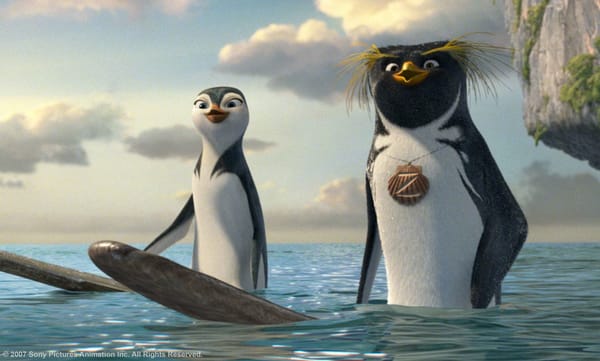Fetishisation of the Nobel Prize continues
ECONOMICS

Rainer Weiss, Kip Thorne, and Barry Barish received the Nobel Prize for Physics for their discovery of gravitational wave: distortions in the fabric of space and time.
They led the Laser Interferometer Gravitational-Wave Observatory (LIGO) project and helped to make and keep it a reality. However, the hundreds of scientists in LIGO that actually made the discovery received none of this recognition. The Nobel Prize committee’s refusal to award prizes to groups or collaborations is causing problems and giving a misleading impression of how a lot of science is actually done.
The same issues crop up all across science. Jacques Dubochet, Joachim Frank, and Richard Henderson won the Chemistry Nobel Prize for the development of cryo-electron microscopy, which both improves and simplifies the imaging of biomolecules, while the Nobel Prize in Physiology or Medicine went to Jeffrey C. Hall, Michael Rosbash, and Michael W. Young for their discoveries of molecular mechanisms controlling the circadian rhythm.
The Nobel Prizes repeatedly pedestalise a select number of scientists as deities, meanwhile others who may have had an equally important role are eliminated from history.
As if by some strange occurrence, this year’s Nobel Prize for Economics could go some way to explaining why the Nobel Prize committee are so unwavering. The prize was awarded to Richard H. Thaler for incorporating psychologically realistic assumptions into analyses of economic decision-making. By exploring the consequences of limited rationality, social preferences, and lack of self-control, he has shown how these human traits systematically affect individual decisions as well as market outcomes. Indeed it would be interesting to study how these affect the Nobel Prize market. It may not be entirely fair to say the Nobel Prize committees are completely out of touch. This year’s Peace Prize was timely awarded to the International Campaign to Abolish Nuclear Weapons (ICAN). But this raises the question: if one prize can be awarded to an organisation, can the other prizes be awarded to large science collaborations?
If only Kazuo Ishiguro had written more sci-fi, we (the Science section) could have had a clean sweep!








